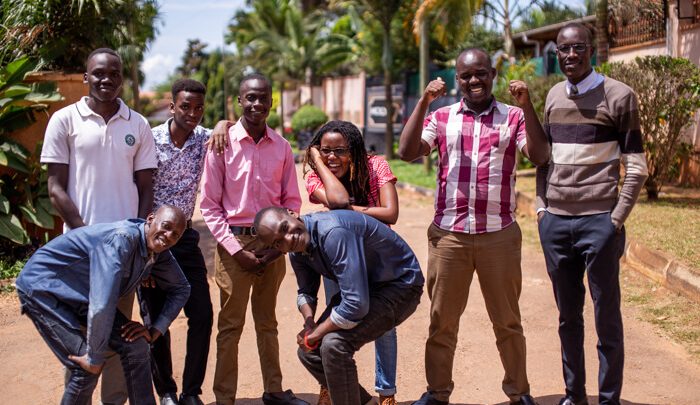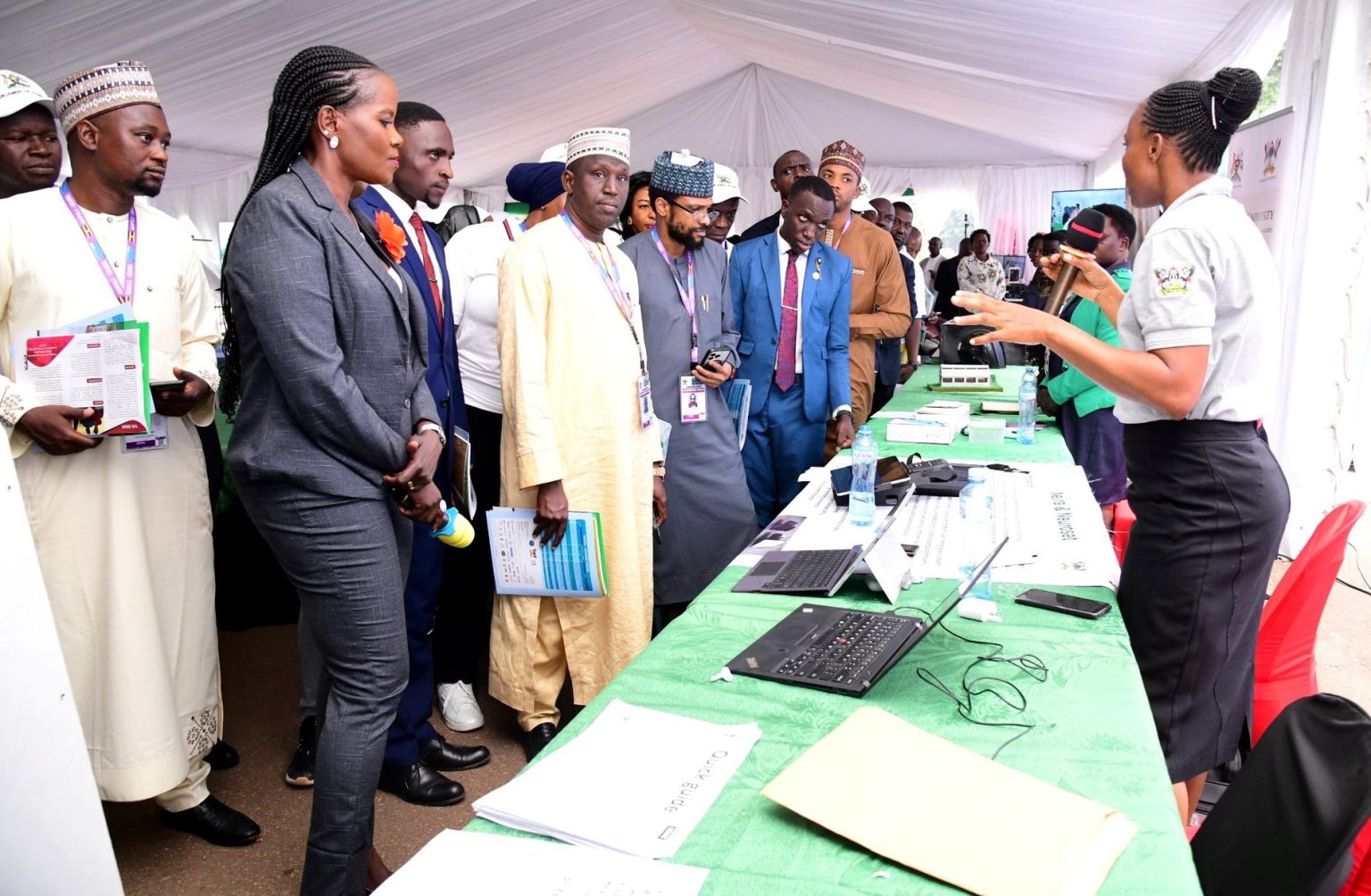Refractory Uganda, in partnership with Deutsche Gesellschaft für Internationale Zusammenarbeit (GIZ), has initiated an Artificial Intelligence (AI) and Machine Learning (ML) skills program with the objective of imparting software engineering skills to 118 learners. The program was officially inaugurated at Clarke International University.
Artificial Intelligence (AI) plays a pivotal role in propelling both the global and national digital transformation. This technology offers fresh avenues to overcome existing barriers to human development, promote social inclusion, and contribute to the realization of Sustainable Development Goals (SDGs).
In alignment with the Uganda National Development Plan III, the Ministry of ICT and National Guidance, in collaboration with GIZ through the “Fair Forward” project, has introduced the AI-Skilling-Programm to foster the development and re-skilling of Uganda’s workforce in AI, machine learning, and data science.
This comprehensive six-month training regimen employs a project-based, instructor-led approach combined with self-directed learning to equip learners with fundamental AI and advanced machine learning knowledge. The curriculum also allows for specialization, including majors in Natural Language Processing (NLP) and Earth Observation and Geomatics.
Over 2,300 individuals applied for the program, but the final selection comprised 118 participants, a majority of whom are professionals eager to advance their expertise in data science and industrial revolution technology.
Michael Niyitegeka, the Program Director at Refractory, disclosed that the program secured funding, enabling the provision of 50 full scholarships to well-qualified Ugandans. Notably, 50% of these scholarships have been awarded to female candidates participating in the program.
The program is designed to achieve several objectives, including providing learners with actionable knowledge of AI and data science applications within local contexts, offering education in big data and analytics, implementing AI and ML solutions to address real-world challenges, and promoting data-driven decision-making.
To be eligible for this program, individuals should possess a fundamental understanding of software engineering and be comfortable working with numerical data. Furthermore, this particular cohort consists of professionals already engaged in the workforce, signifying the program’s practical applicability.
Muhammed Kamal, a program participant, aspires to expand his network and develop skills for combating fraud and cybercrimes. Amanda Shirley, another participant, anticipates gaining skills that can be directly applied in the industry upon completing the program in April 2024.
The project has already commenced its two-week journey of intensive learning.




















